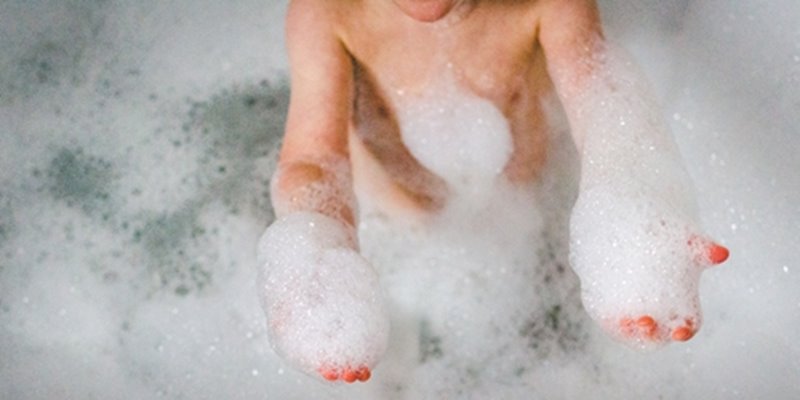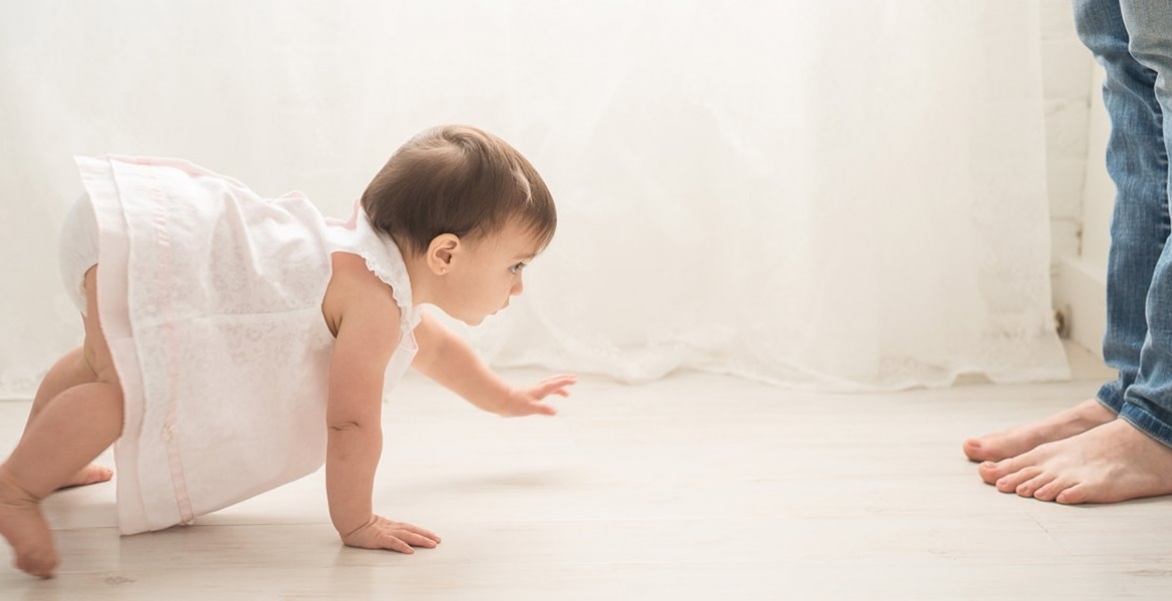Now that there’s an adorable addition to your family, it’s time to start learning some baby practices that you will actually need, to take care of a baby. Taking care of a baby is definitely joyful and you’ll love doing that because it’s never enough, for us!
You always want to do little things to make sure your child is getting best of parenting. You need to learn a lot of stuff when you start taking care of a baby because situations are different every time and it’s best to be well prepared.
The best approach is to give the right love and affection with healthy and nurturing lifestyle.
How to Take Care of Your Baby Properly
Tip 1: Start with Basics
Basics should be the right approach to start when taking care of a baby.
Give them plenty of rest; it is okay for the baby to sleep a lot, as babies require a lot of rest in order to keep them growing at healthy pace.
The resting hours can extend up to 16 hours per day, while the sleeping pattern will gradually change. Not until after the baby is about six months old, he/she would only sleep for 6-8 hours.
Make sure to feed the baby in between sleeping hours.

The babies also have no sleep patterns in the start, so it’s better to help them getting along with night time sleeping. Make sure that the baby’s head isn’t tilted while sleeping.
Make sure you know how to diaper; it is something you require to be a master of when dealing with a baby.
As baby’s wet their diapers around 8-10 times a day, you should know how to change the diaper quickly before the diapers go dirty again.

Keep all the diaper changing supplies ready. For instance clean new diapers, rash cream, warm water, washcloth along with diaper wipes etc.
For changing diaper, remove the dirty one first and clean the area with washcloth or wipes. You also have to look out for rashes.
It is recommended that you clean baby girls from front to back. Open the new diaper and put it on the baby. Then, by gently lifting the baby’s legs over the belly, move the front of the diaper up in between the legs to cover the belly and then put the stickers on the strip.
Ensure that you change diapers timely because rashes can get nasty and turn into an infection. Wash baby’s genital area and let the baby out of the diaper for some time, every day.
Bathe the baby
For the first week, give the baby a sponge bath and when the umbilical cord is detached, you can give regular bath 2-3 times each week to the baby. Make sure you have all the supplies ready. Also, make sure that you only fill the tub according to the size of the baby.

Make sure the baby is breastfed
Breast milk is very important during the first few months for the baby. It contains all the necessary nutrients required for the proper growth and development of your baby. Make sure that the baby gets the required amount of breast milk for proper development of his body and organs.

Maintain a comfortable position for yourself and your baby. You must make sure that the baby is getting enough and is excreting the same amount, too.
The normal wet diapers per day would range between 6-8 diapers per day. Don’t push your baby too hard! Don’t start force feeding to your baby as it would affect the digestive system of the baby.
You can get necessary guidance from the nurse or lactation expert. Nursing isn’t a bad procedure, so make sure that you aren’t experiencing any pain that you mustn’t experience. Feed baby whenever he/she shows signs of hunger.
Feeding can take time and it can extend up to 40 minutes. You must consume a healthy diet to make sure that your baby is getting proper nutrition.
Here is are some healthy homemade baby food recipes.
Tip 2: Continue Looking out
It’s important that you always look out for your child’s growth and development.

-
- Make sure that no infections have attacked your baby after the umbilical cord has been detached.
-
- Hold your baby closely as physical connection helps babies relax.
-
- Make sure you give all the parts of body some movement as the baby is always lying on its back.
-
- Engage in some activity which makes these little monsters laugh out loud.
-
- Keep talking to them as they catch on words and it’s important for their brain development.
-
- Soothe babies while they are crying.
-
- Make sure you get complete and regular physical check-ups for yourself and the baby.
Tip 3: Deal with Stress
You undergo a lot of stress with the hectic routine so it’s important to take stress off so you can keep taking care of your baby.

-
- Get some help, once in a while.
-
- Keep strong support system.
-
- Design schedule and make time for yourself and your social life.
It is not easy to take care of a baby but with love and right approaches, you can do it better than anyone!




